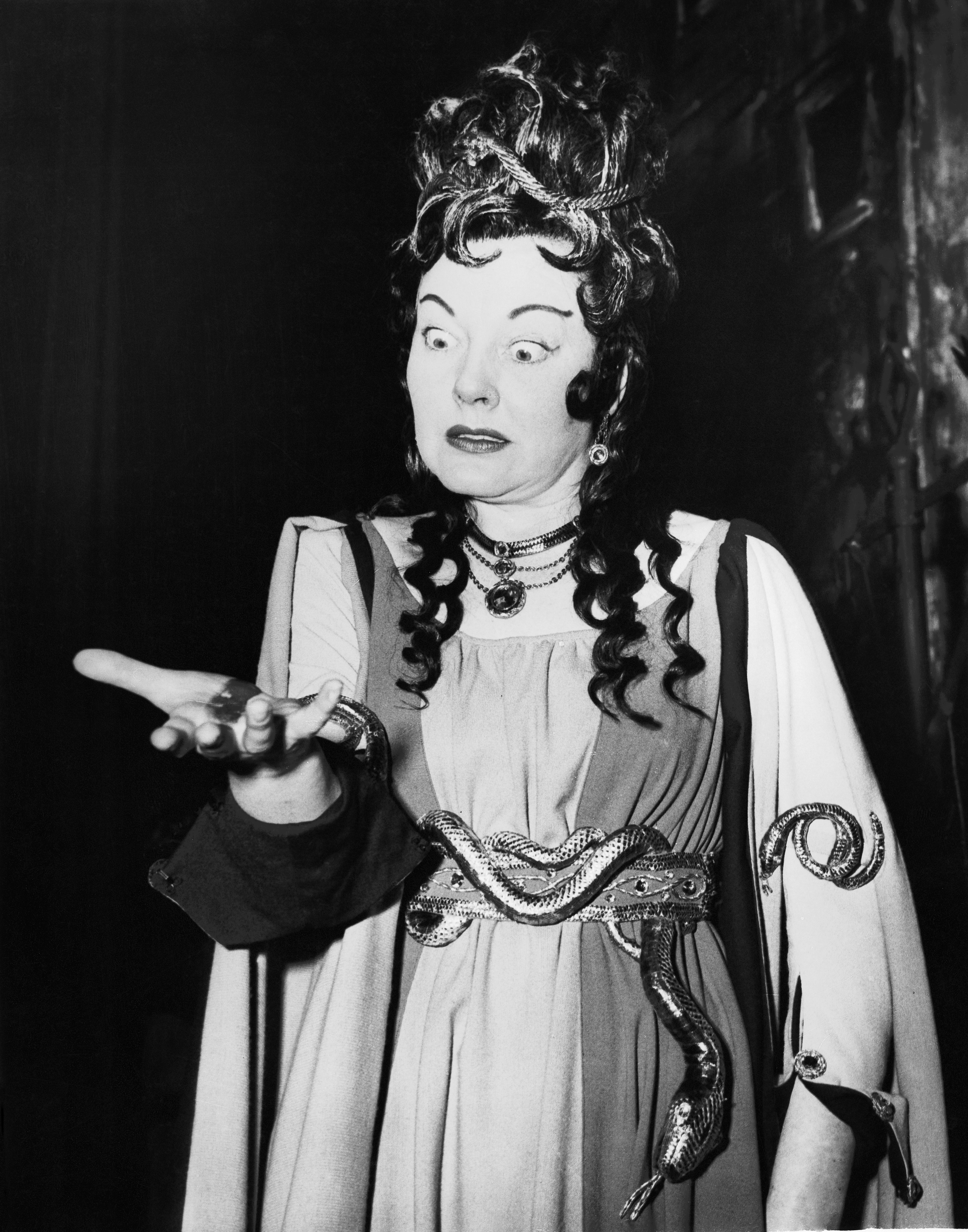- Home |
- Search Results |
- ‘Out damned spot’: the Lady Macbeth hand-washing scene that became a Coronavirus meme

If you haven’t seen the handwashing instructions set to Lady Macbeth’s fractured soliloquy ‘Out damned spot’ you’ve not been visiting the right bathrooms. The poster adapts World Health Organisation’s guide to the use of soap and water, using Shakespeare’s words to establish the proper length of time to spend on sanitising.
In the context of the play Macbeth, those instructions are, of course, rather self-defeating. Lady Macbeth, sleepwalking in her chamber, ‘rubs her hands’ for ‘a quarter of an hour’, lamenting ‘what, will these hands ne’er be clean’. She can still smell blood: ‘All the perfumes of Arabia will not sweeten this little hand’. While soap does indeed incapacitate the COVID-19 virus, it cannot help mitigate the psychological aftermath of murder. Lady Macbeth’s involvement in the assassination of King Duncan echoes in her conscience. Her confident words to her nervily blood-stained husband – ‘A little water clears us of this deed’ – come back to haunt her. Lady Macbeth’s hand-washing is the sign of guilt. It speaks of a contamination that can never be washed away.
A young Judi Dench played the scene with ‘feverishly writhing hands'
This scene at the beginning of the play’s fifth act is Lady Macbeth’s swansong – as Verdi realised in his opera, giving her a gloriously controlled aria at this point. It is also a brilliant set piece for actors. Lady Macbeth must have originally been a role for the gifted young male actor whose presence in the King’s Men acting company made possible this play, and also Cleopatra, Coriolanus’s mother Volumnia, and John Webster’s heroine the Duchess of Malfi. These mature and compelling women required a special kind of talent, quite different from the androgynous women of the earlier comedies.
At the end of the eighteenth century the great Sarah Siddons made this her signature scene, bearing a ‘deathlike stare’ and wearing a flowing night-dress that reminded some reviewers of a shroud; two centuries later at Stratford-upon-Avon, a young Judi Dench played the scene with ‘feverishly writhing hands, only still when they are held for a long moment to the candle and scrutinised’. Roman Polanski’s movie version was notorious for Francesca Annis as a naked Lady Macbeth; Marian Coutillard played the role for Justin Kurzel’s film, and was fully awake, agonised, and alone in this scene.

If this scene is the highpoint of Lady Macbeth’s characterisation in the play, it has also had a vital afterlife entirely independent of the rest of the story. ‘Out damned spot’ has joined a handful of other Shakespearean lines – ‘to be or not to be’, ‘Romeo, Romeo, wherefore art thou Romeo’ - as instantly memorable and reapplicable. We pan past ‘Out Damned Spot Cleaners’ on the boulevard of Verona Beach in Baz Luhrmann’s Romeo + Juliet, while a nifty set-up with a dog called Spot brings the line into Gnomeo and Juliet. Lady Macbeth’s haunting scene reverberates from Agatha Christie to Chekhov, and from Brave New World to Family Guy.
It’s been, inevitably, commodified. Concealer pencils, erasers, tea towels, and above all, soap and soap products bear this logo. In 1945 an Aluminium Company of America advert told consumers that all Lady Macbeth needed was ‘some peroxide, cold water, and an electric washing machine…to change her destiny’. The American feminist artist Elizabeth Layton’s self-portrait as Lady Macbeth made spotlessness a domestic and a racial category, using bleach to try to conform to the patriarchal idea of housewife in which the idea of ‘whites only’ was about more than laundry. As the COVID-19 memes demonstrate, the iconography of obsessive hand-washing will always be associated with Lady Macbeth.
Emma Smith is the author of This Is Shakespeare.